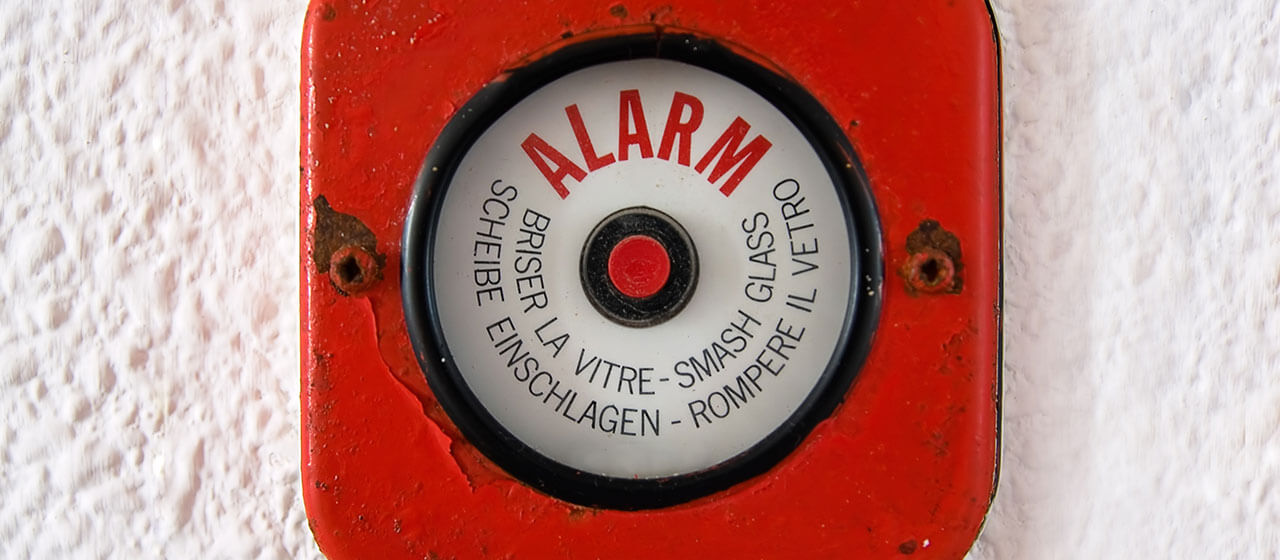How To Maintain Compliance With NFPA 72: Tips For Building Owners And Managers

Compliance with NFPA 72 is paramount for building owners and managers to ensure the safety of occupants and protect against the devastating impact of fires. NFPA 72, the National Fire Alarm and Signaling Code, provides comprehensive guidelines for the installation, testing, and maintenance of fire alarm systems, including fire safety equipment like smoke detectors. Adhering to these regulations is not only a legal requirement but also a critical step in safeguarding lives and property within commercial buildings. In this article, we will explore essential tips for building owners and managers to maintain compliance with NFPA 72 and enhance fire safety measures.
Understanding NFPA 72: The Significance Of Compliance
NFPA 72 sets the standards for fire alarm systems and equipment, outlining the proper procedures for installation, testing, inspection, and maintenance. Compliance with this code is crucial as it ensures that fire alarm systems are in optimal working condition and can detect potential fire incidents promptly. Building owners and managers must grasp the significance of NFPA 72 and its impact on the safety of their premises and occupants.
Regular Inspections And Testing
One of the fundamental aspects of NFPA 72 compliance is conducting regular inspections and testing of fire safety equipment and alarms. This involves a systematic and well-documented approach to ensure the functional effectiveness of the entire fire alarm system.
Working With Certified Technicians
To achieve compliance with NFPA 72, building owners and managers should engage the services of certified technicians. These technicians possess the necessary expertise and knowledge to conduct thorough inspections and testing. They can identify potential issues, carry out the required maintenance, and provide accurate documentation.
Maintenance Records And Documentation
Accurate record-keeping is vital for NFPA 72 compliance. Building owners and managers should maintain detailed records of all inspections, testing, and maintenance activities. These records serve as valuable evidence during audits and are essential for demonstrating compliance with the code.
Addressing Non-Compliance Issues Promptly
In the event that an inspection reveals non-compliance with NFPA 72, building owners and managers must address these issues promptly. Ignoring or delaying necessary repairs or maintenance can pose serious risks to the safety of occupants and may lead to legal consequences.
Training And Education
NFPA 72 compliance requires a knowledgeable and trained workforce. Building owners and managers should invest in educating their staff on fire safety procedures, the operation of fire alarm systems, and the importance of adherence to NFPA 72 guidelines.
Awareness of Code Updates
The NFPA 72 code is periodically updated to reflect advancements in fire safety technology and best practices. Building owners and managers must stay informed about these updates and ensure their fire alarm systems and equipment remain in line with the latest requirements.
Implementing Preventive Measures
Preventive maintenance is a key component of NFPA 72 compliance. Building owners and managers should establish a preventive maintenance program to address potential issues before they escalate. Regularly scheduled inspections and testing help detect problems early on, reducing the risk of system failures.
Addressing False Alarms
False alarms not only cause disruption but can also lead to complacency among building occupants. NFPA 72 compliance entails taking measures to minimize false alarms through proper maintenance, sensitivity adjustments, and regular inspections.
Communicating With Authorities
Building owners and managers should maintain open communication with local fire authorities and other relevant agencies. By sharing inspection and testing results with these authorities, they demonstrate their commitment to fire safety and regulatory compliance.
Establishing Emergency Response Protocols
Compliance with NFPA 72 goes hand-in-hand with having well-defined emergency response protocols. Building owners and managers should ensure that all occupants are aware of evacuation procedures and the operation of fire alarm systems in case of an emergency.
Maintaining compliance with NFPA 72 is a crucial responsibility for building owners and managers seeking to prioritize fire safety within their premises. Regular inspections, working with certified technicians, meticulous record-keeping, and preventive maintenance are essential practices to ensure adherence to the code. By investing in education and communication and staying updated on code changes, building owners and managers can create a safer environment for their occupants, reducing the risk of fire incidents and mitigating potential damages.
